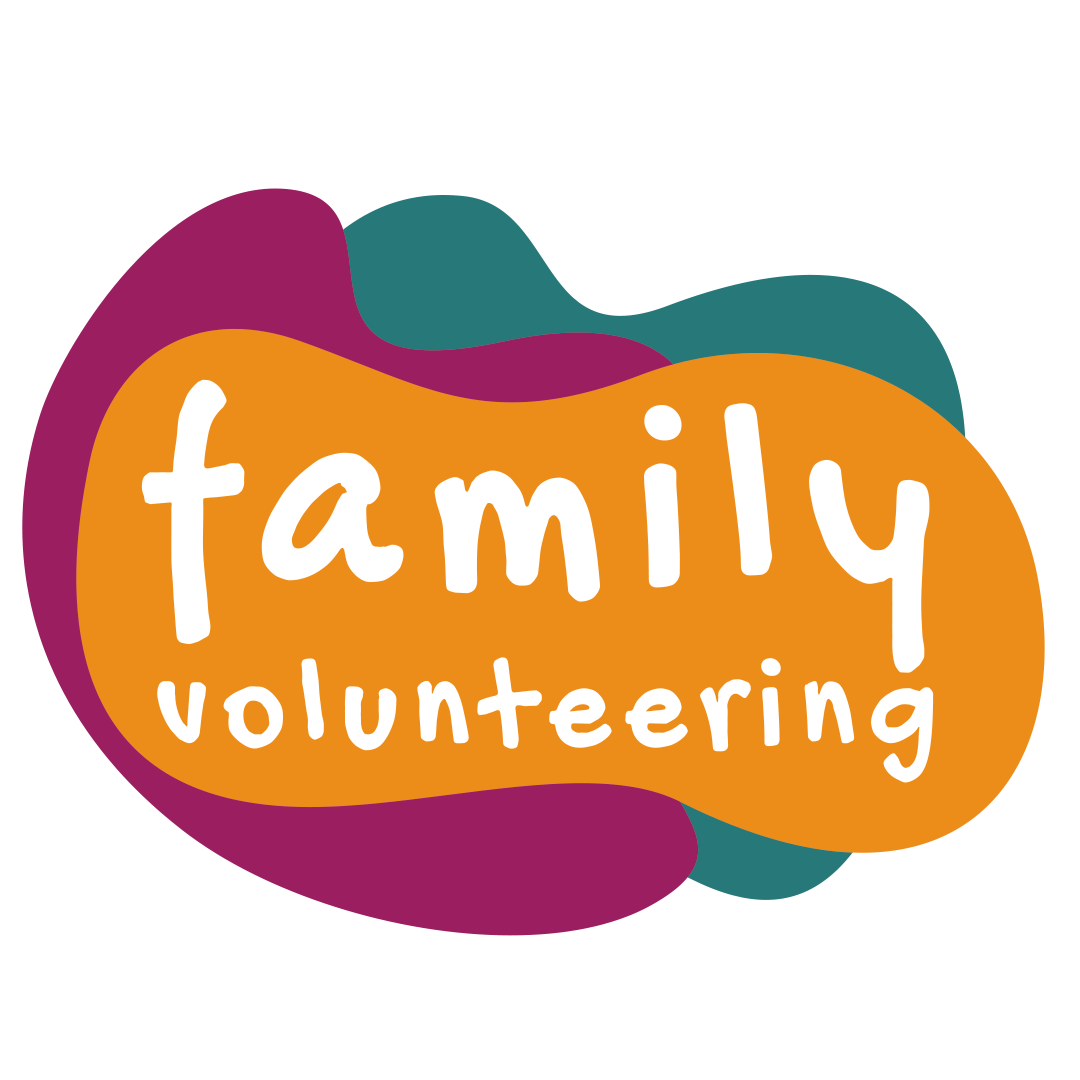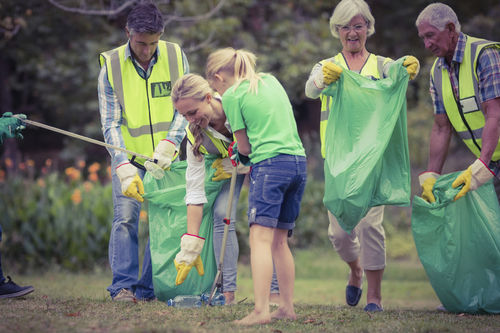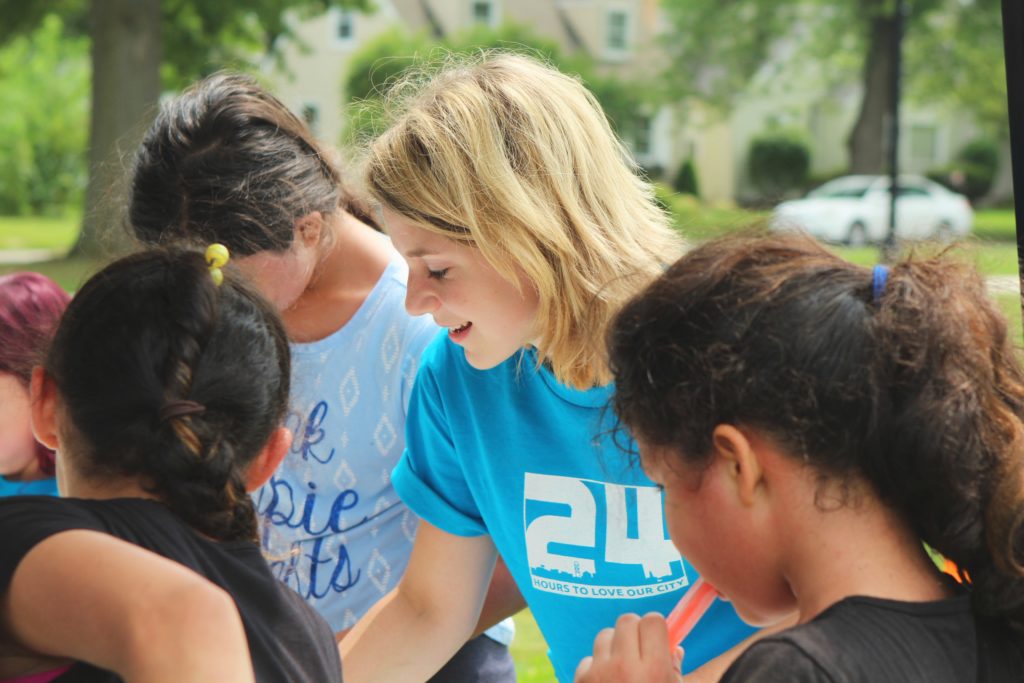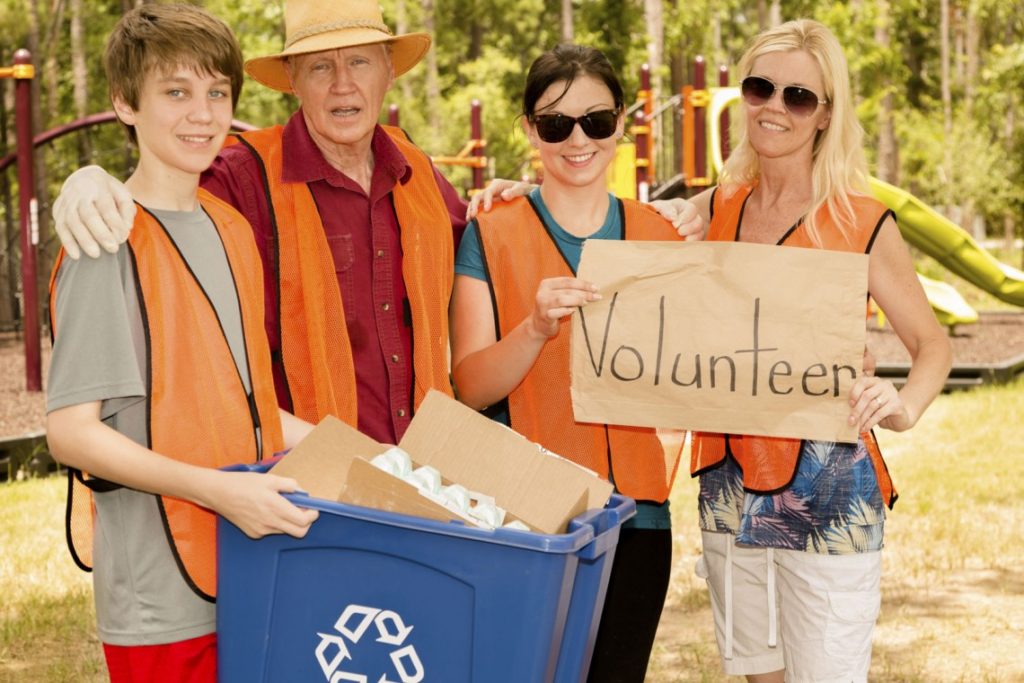What is family volunteering?
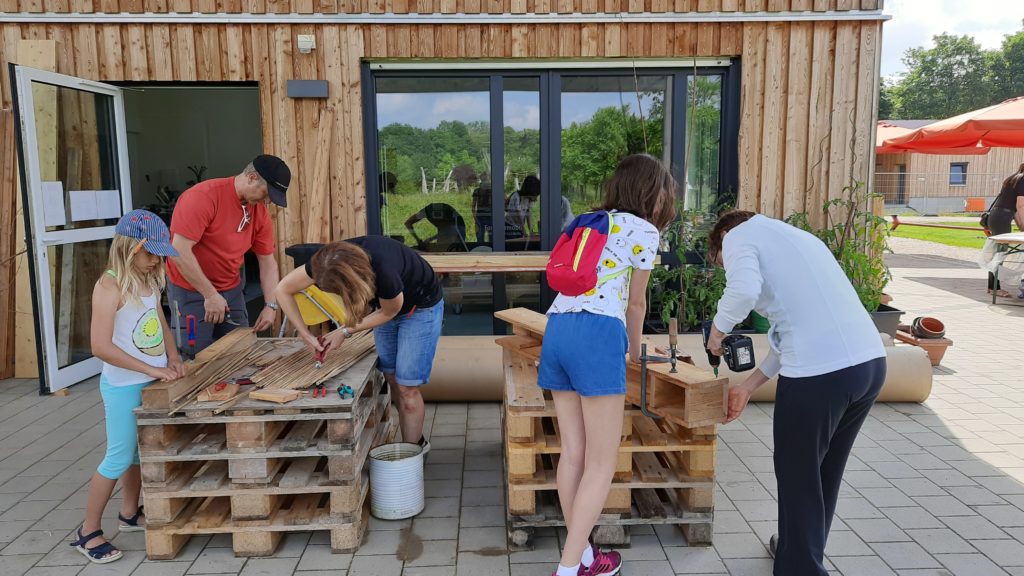
Generally, family volunteering occurs when family members volunteer together in the community service activities. In light of the values that volunteering promotes, we define family as any group of two or more people that considers itself to be a family: parents, children, siblings, foster parents, grandparents, aunts, uncles, cousins, friends, partners and any others who consider themselves a family. It is important to say that families can be blended, and certainly do not have to be defined by biology and/or legal frameworks. The family in family volunteering can be and is also single-parent families, cohabitating families with or without children. The emotional tie in the overall definition of family is the key ingredient, so the exact “technical” nature of the relationships among the various people is irrelevant, just as long as they consider themselves `family’. Ultimately, any two or more people who consider themselves family and spend time together volunteering are for us a volunteering family.
Basic principles – concept of family volunteering
Although we defined family volunteering as family members engaging in community, it is important to point out the principle that family members may also come from different generations, in combinations such as parent/child or grandparent/parent/child, or from the same generation, such as adult partners, or siblings or any other combination of two or more people. The concept and value emphasizes togetherness and enhanced opportunities for building relationships. As it is understood here, family volunteering may even be considered family members volunteering for different events or programmes and at different times. Family volunteering occurs when a family with a common desire to enrich their own lives and the lives of others, offers their time and commitment in service on behalf of the community. Family volunteering has all the principles of any other type of volunteering, where volunteers contribute and engage regardless of their socio-economic status, education, cultural background, age or gender.
Benefits of family volunteering
Family volunteering benefits organisations, families and communities. Organisations benefit by reaching multiple generations with their mission and building a larger base of support. It is also an opportunity to engage people who might not otherwise volunteer, because it would conflict with family time. Benefits for families who volunteer together include for example helping parents, foster parents, carers, to instil values with their children, socialising, and helping family members connect with each other. Or in other instances, family volunteering can bridge the generational gap or include socially excluded people. When families volunteer, it ultimately benefits the community, by bringing people together, creating shared understanding and connection, while increasing the accessibility of volunteering and service.
